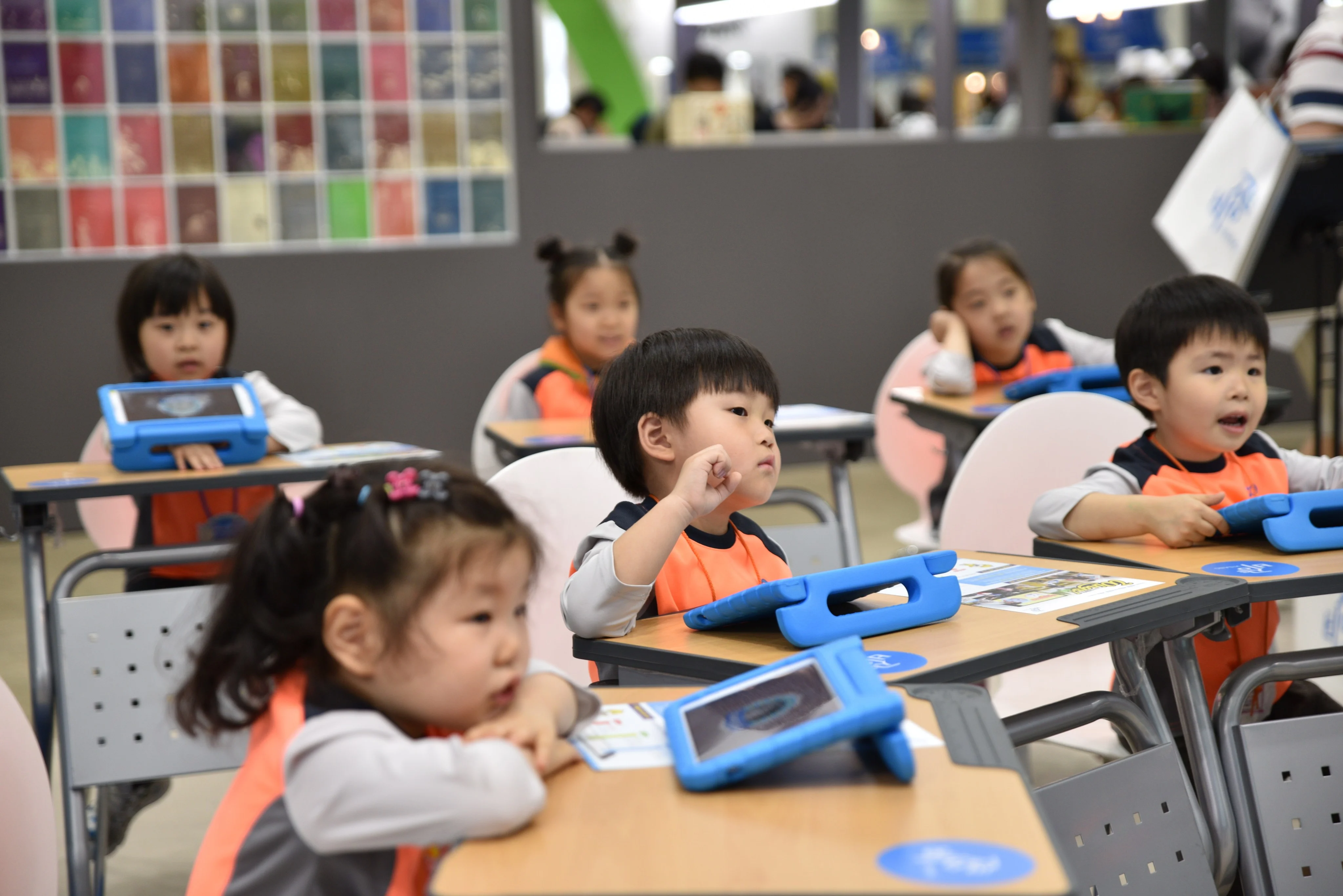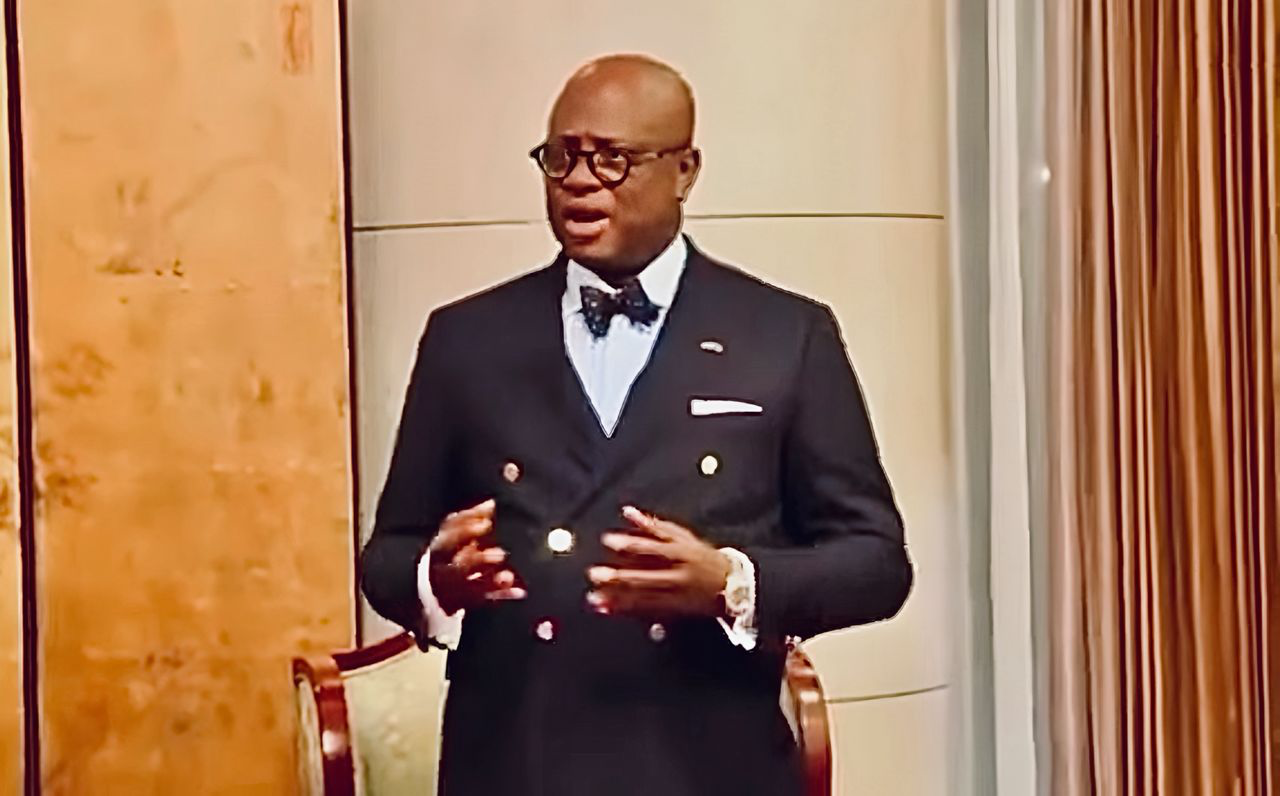Copyright scmp

A bill restricting private English tuition for young children is gaining traction in South Korea, with both liberal and conservative authorities uniting to tackle excessive academic pressure on preschoolers. Representative Kang Kyung-sook of the minor liberal Rebuilding Korea Party, who is leading the legislative effort, said passage of the bill appeared likely amid rising support from superintendents of education offices across the country. “We are viewing the possibility of passing this bill positively,” an aide to Kang said. “At first, we received a huge number of protest calls, but now, not so much … We are actively working to build consensus among education superintendents, as we continue to push for it.” Under the bill, all cram school programmes in English and other school subjects would be completely prohibited for children under 36 months. For older children not yet enrolled in school, instruction is restricted to no more than 40 minutes per day. If passed, the law would apply to all types of English education services, including for-profit private institutions and tutors. Violators could face penalties including the “cancellation of registration, or suspension of all or part of the business”. The momentum is building amid extreme private education practices that subject preschool children to intensive tutoring and entrance exams to obtain admission to reputable “English kindergartens” – preschool institutions in which the primary language of instruction is English. Early childhood is a very emotionally and cognitively sensitive period, and experiences with exams at this stage can cause emotional issues North Chungcheong Provincial Office of Education statement According to the office of Representative Jin Sun-mee of the ruling Democratic Party of Korea, all 17 education offices nationwide recently stated their agreement with restrictions on early English education targeting young children. Many offices cited concerns like disruption to children’s emotional development. “Early childhood is a very emotionally and cognitively sensitive period, and experiences with exams at this stage can cause emotional issues such as reduced self-esteem and learning anxiety,” the North Chungcheong Provincial Office of Education said in a statement sent to Jin’s office. The South Jeolla Provincial Office of Education also raised similar concerns, saying level tests for preschoolers “increase academic pressure from a young age, heighten parental anxiety and drive excessive private education”. Among all the offices, the Seoul Metropolitan Office of Education has been particularly vocal about the need to ban such entrance tests, urging lawmakers to revise the relevant laws to make them illegal. More than 63 per cent of the country’s 820 “English kindergartens” are clustered in the capital region, Ministry of Education data showed. Yet, three education offices ― in Busan, South Chungcheong Province and North Gyeongsang Province ― called for a cautious approach, saying such restrictions could drive the private education market underground and limit parents’ legal right to choose the kind of education their children receive. Speaking to reporters at a press conference on October 20, Education Minister Choi Kyo-jin said there should be some restrictions to curb excessive English education targeting preschoolers. “I basically oppose the fact that English academies run kindergartens for preschoolers,” Choi said. “However, if the focus is solely on regulation, it could drive private education into other, less visible forms. That is why our ministry aims to go beyond simple punishment and regulation by strengthening field oversight, expanding alternative English programmes within public schools and improving parental awareness.” This story was first published by The Korea Times



